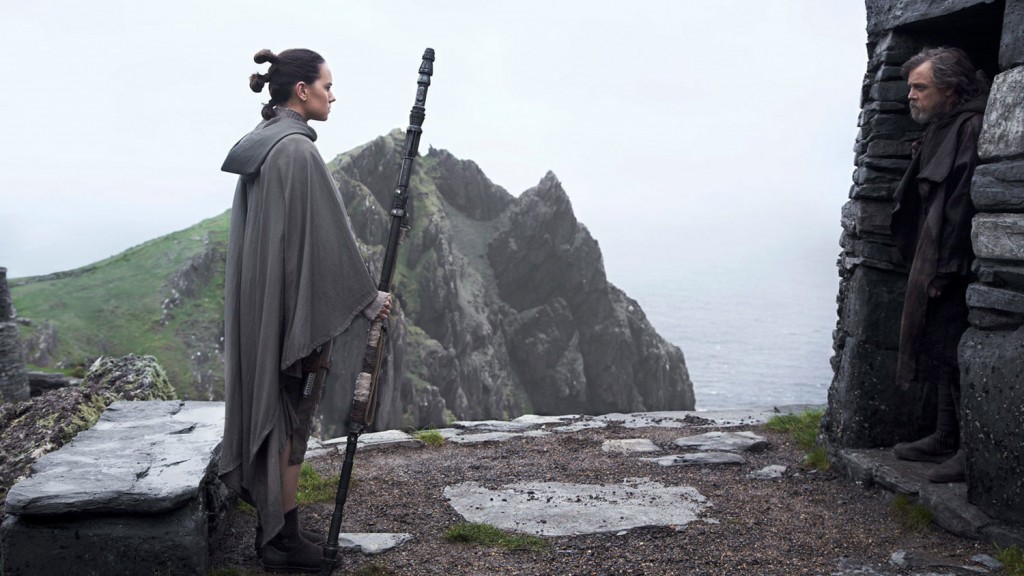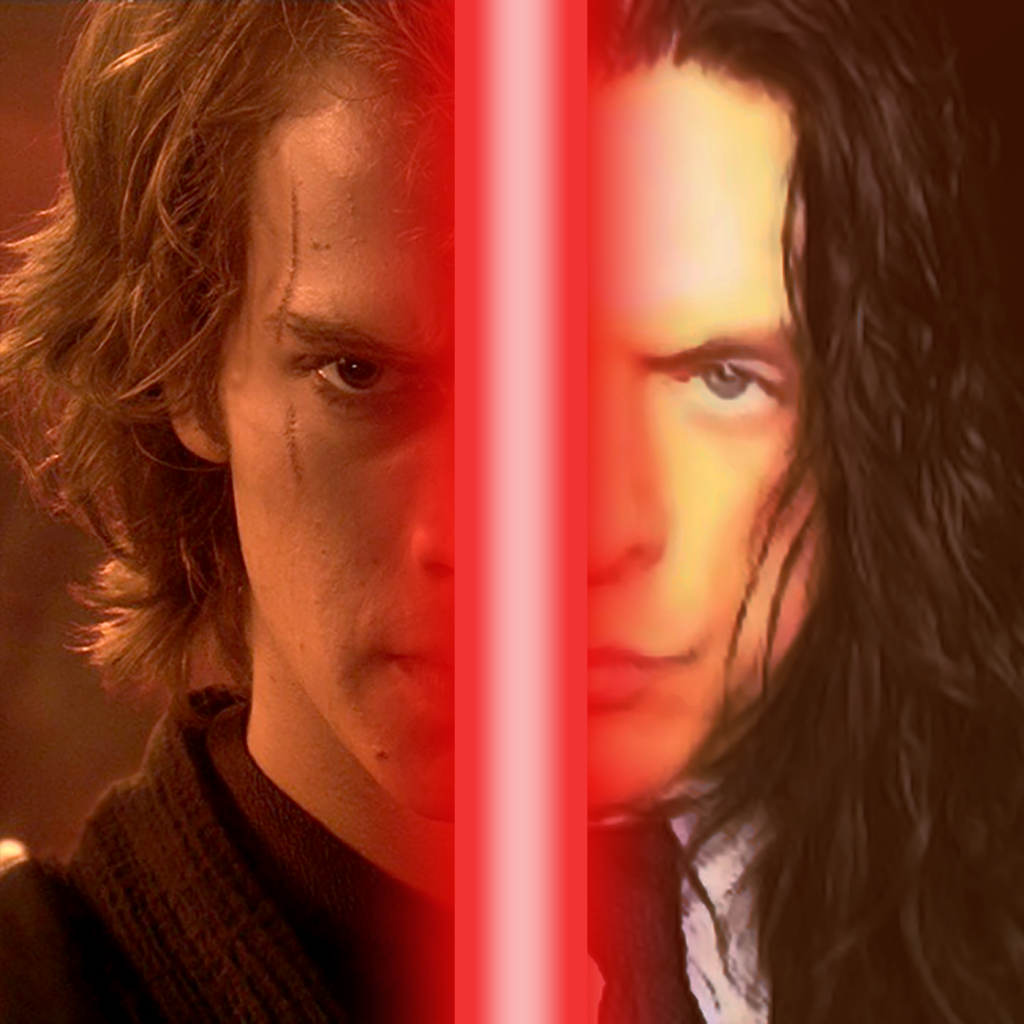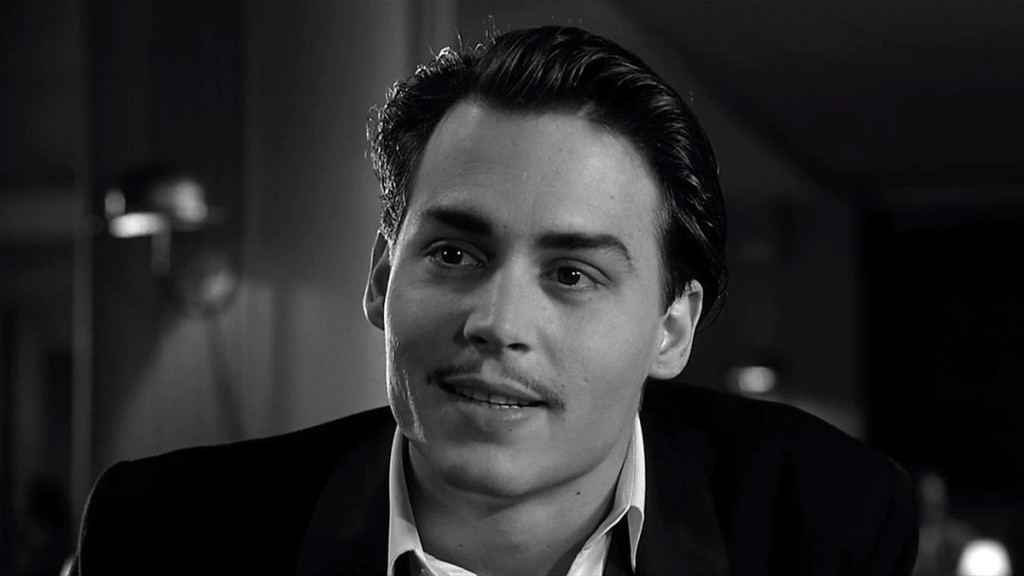
“A war of all against all.” That’s how philosopher Thomas Hobbes pithily explained the “state of nature,” his theoretical account of what it was like when human beings lived without government, without order, and without rule. He imagined a life that was “nasty, brutish, and short” and posited that we all needed a Leviathan, the personification of the force and power of the government, to avoid that unenviable existence. On Hobbes’ account, people needed to give up certain freedoms and turn things over to the Leviathan to ensure compliance with the order of the day, as the price to avoid that endless, indiscriminate war.
In Negan’s mind, he is that Leviathan. The last time The Walking Dead interrogated Negan’s moral philosophy, it left it ambiguous how the leader of The Saviors viewed himself. It was nebulous whether Negan really believed that his brutal ways were for the greater good, or whether he was just spinning propaganda to justify the comparatively lavish and carefree lifestyle he could enjoy while others toiled.
“The Big Scary U” is much less ambiguous. There is a certain sense that Negan may be deluding himself, offering rationalizations and eliding the darker or more self-serving side of the choices he’s made. But it nevertheless becomes clear that, on the surface at least, he is a true believer, someone who thinks that he’s doing what needs to be done to avoid a worse fate for everyone.
Continue reading →










